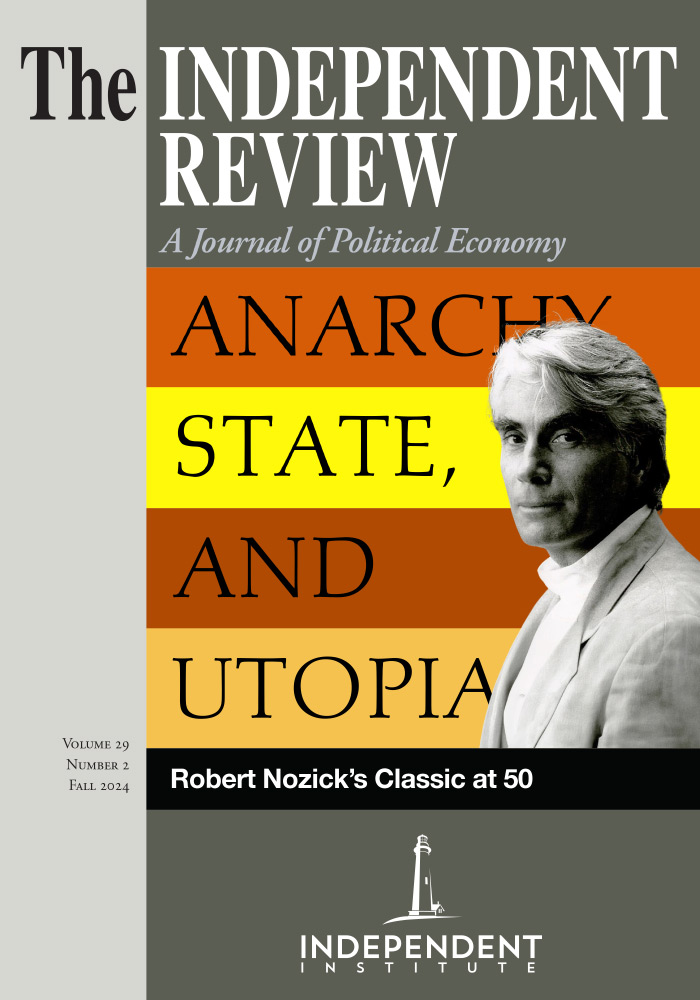Since economic calculation requires the prior existence of property rights and market prices, the difficulty of efficiently privatizing resources is unavoidably greater in centrally planned economies. Privatization efforts will be more successful if they’re implemented in a bottom-up fashion in sectors of a transitioning economy with more access to market prices that are subject to international trade and competition. However, because the calculation problem extends to the creation of property rights, we should seriously temper aspirations to plan development.
This full text of this article will be available on this page nine months after its initial print publication. To read it now, please buy this issue in print or downloadable eBook & PDF format, or in the Independent Review app on iOS or Android, or on Magzter which offers digital access on smartphones, tablets, and web browsers.
Tegan Truitt is a doctoral student in the Department of Economics at George Mason University.
Scott Andrew Burns is an associate professor of economics at Southeastern Louisiana University in the Department of Management and Business Administration.
| Other Independent Review articles by Scott Andrew Burns | |
| Spring 2022 | The Magic Money Tree and Other Economic Tales |
| Summer 2016 | The War on Drugs in Afghanistan: Another Failed Experiment in Interdiction |
| Spring 2016 | How Would You Like to Pay?: How Technology is Changing the Future of Money |









